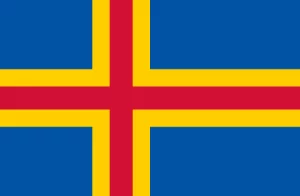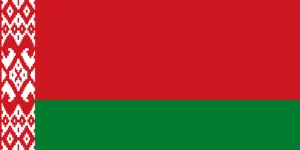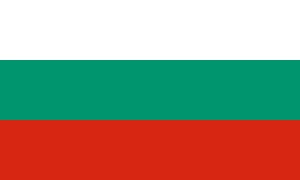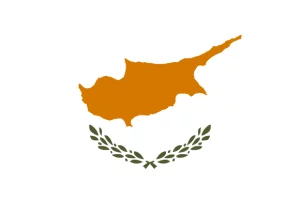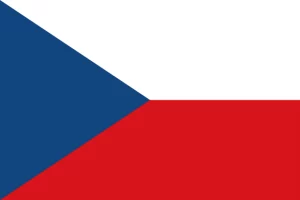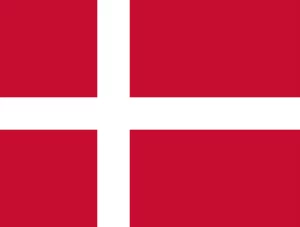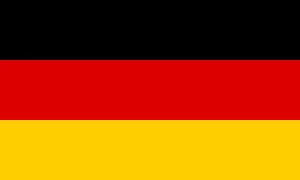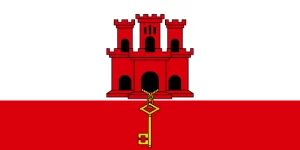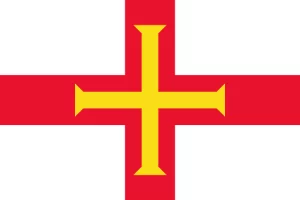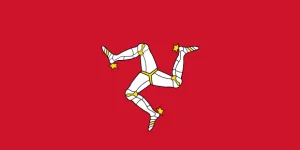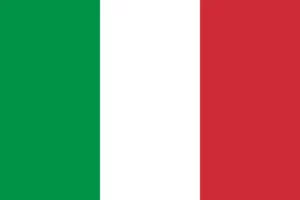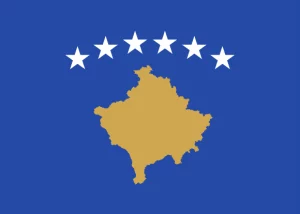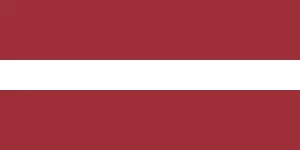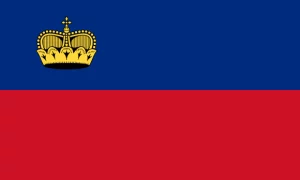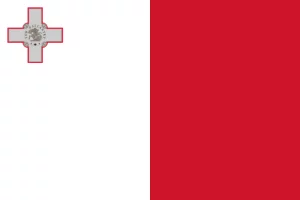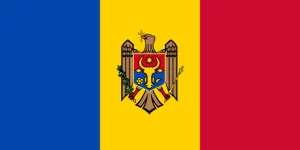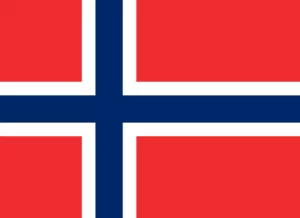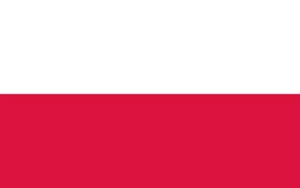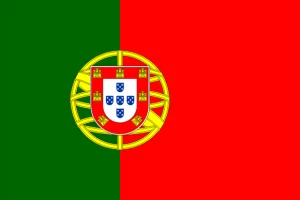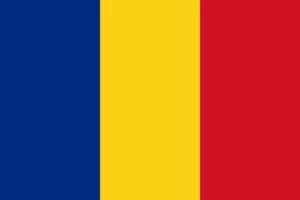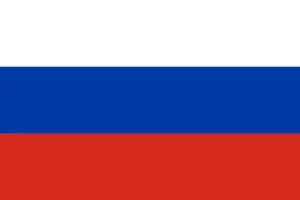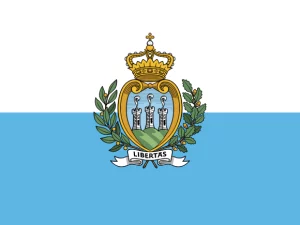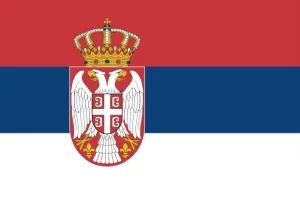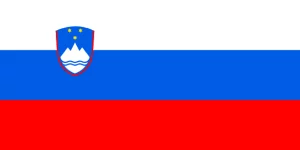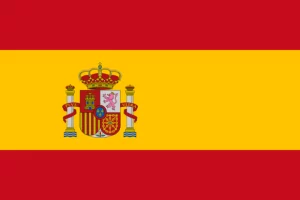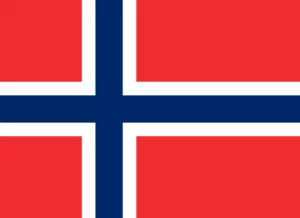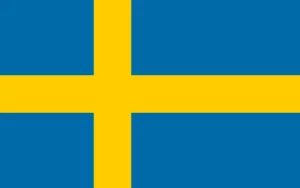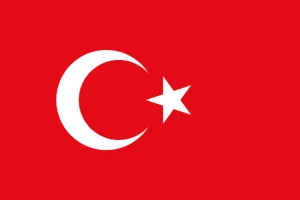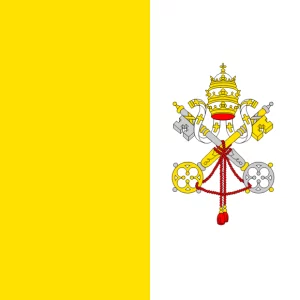Europe
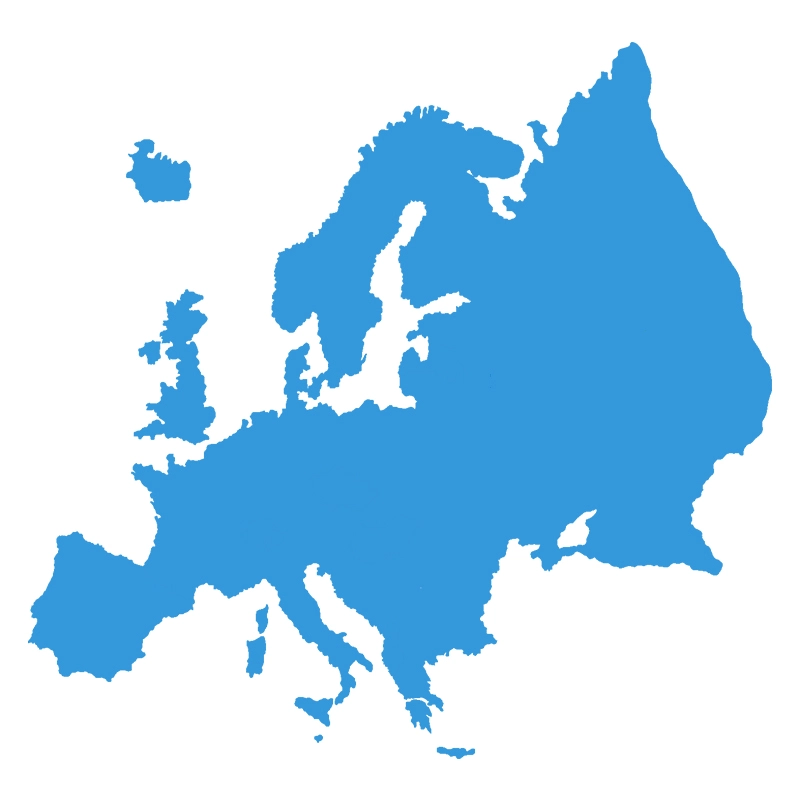
Europe is the fourth-largest continent in the world, and it had a huge impact on the global stage. With a population of over 740 million people, Europe is home to some of the world's most advanced and influential countries.
One of the most notable features of Europe is its varied geography. From the frozen tundra of the Arctic to the sunny beaches of the Mediterranean, Europe is home to a wide range of ecosystems. The continent is also home to some of the world's highest peaks, including the Alps and the Carpathians.
Europe has a rich history and culture that has shaped the world in many ways. The continent is home to many of the world's oldest and most influential civilizations, including the ancient Greeks and Romans. Europe has also been a major center of trade and commerce for centuries, and many of the world's most important trade routes pass through the region.
Despite its many successes, Europe has also faced many challenges in recent years. The continent has been marked by conflict and political upheaval throughout its history, and many European countries have struggled to deal with the challenges of globalization and economic change.
Despite these challenges, Europe is a continent with great potential. Many countries in the region are working to improve their economies and provide better opportunities for their citizens. In addition, there have been significant efforts to address issues such as climate change and environmental protection.
As more and more people around the world learn about Europe and the unique challenges and opportunities it offers, it is likely that the continent will continue to play a central role in shaping the world's future. Whether it is through economic development, cultural exchange, or scientific innovation, Europe is a continent that will continue to have a profound impact on the world for generations to come.

